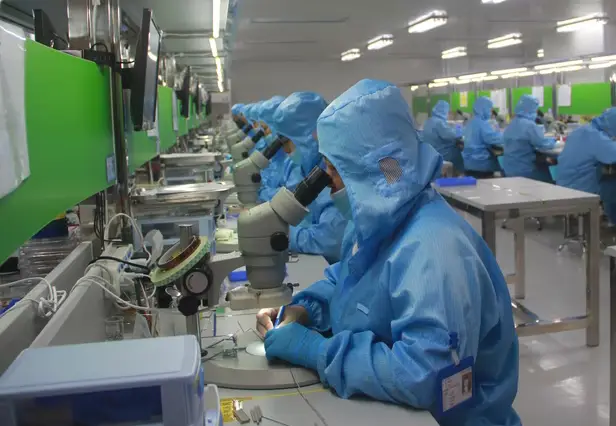On Sunday, private drug developer Servier Group announced that its experimental brain cancer drug has been shown to considerably slow the progression of a type of brain tumor. It was a rare success in treatment for a disease which has not seen major progress for over two decades.
Servier’s drug, called vorasidenib, slowed the progression of grade 2 glioma for a median off 27.7 months. Patients who received the placebo saw progression delayed for 11.1 months.
A type of progressive, malignant brain tumor, the grade 2 glioma is more common in older individuals, however it does occasionally occur in children and teenagers.
The study, including data which was published in the New England Journal of Medicine, looked at 331 individuals diagnosed with grade 2 gliomas which had not been administered any previous treatment other than surgery. It found that progression-free survival was significantly improved by vorasidenib, and the time before further anticancer interventions such as chemotherapy or radiation was extended.
In March of 2023 the US Food & Drug Administration (FDA) granted vorasidenib fast track designation and the company is presently sketching out timelines for its submission of a New Drug Application (NDA) for the drug to the FDA.
France-based Servier gained possession of vorasidenib as part of its $2 billion acquisition of Agios Pharmaceuticals Inc’s cancer business in 2020.

